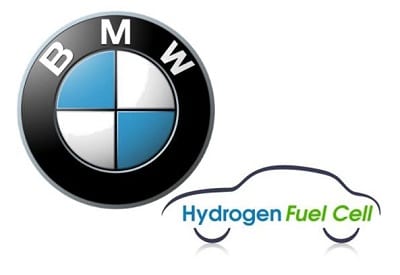New hydrogen fuel station opens in Tokyo
May 24, 2016Air Products and NPSE launch their first hydrogen station in Tokyo
Air Products and Nippon Steel & Sumikin Pipeline & Engineering (NPSE) have successfully brought their first hydrogen fuel station in Tokyo online. In February of 2014, both companies agreed to work with one another to develop Japan’s hydrogen market. The country is currently home to one of the most attractive clean transportation and renewable energy markets in the world and the demand for hydrogen fuel cells has been growing aggressively over the past few years. Developing the market is likely to introduce various new economic opportunities to the country.
Station manages to pass all tests on first inspection
JX Nippon Oil & Energy, one of Japan’s leading entities in the development of new hydrogen stations, will be supplying the hydrogen needed for the new station in Tokyo. Both Air Products and NPSE note that the launch of the new station is a major accomplishment. The development of the station encountered no significant roadblocks, with construction being completed on schedule and the station itself passing all tests on first inspection. This is the first hydrogen fuel station that has been developed through the partnership between Air Products and NPSE.
Building a comprehensive hydrogen infrastructure has become a priority for Japan
 Both companies also have plans to build another hydrogen station in Hokkaido, Japan. This station is expected to launch in September of this year, further expanding Japan’s growing hydrogen infrastructure. Building these fueling stations has become a major priority for Japan as the country wants to establish itself as a leading market for clean vehicles. Fuel cell vehicles are already commercially available in the country, with demand for these vehicles proving to be much higher than had been anticipated.
Both companies also have plans to build another hydrogen station in Hokkaido, Japan. This station is expected to launch in September of this year, further expanding Japan’s growing hydrogen infrastructure. Building these fueling stations has become a major priority for Japan as the country wants to establish itself as a leading market for clean vehicles. Fuel cell vehicles are already commercially available in the country, with demand for these vehicles proving to be much higher than had been anticipated.
Fuel cells can power more than just vehicles
Developing a hydrogen infrastructure will not only support the clean transportation market, of course. The Japanese government has begun turning to fuel cells as a primary form of power. These energy systems hold great potential in the residential space, as they can be used to generate large quantities of electricity and heat without also producing harmful emissions. Japan’s ENE-FARM, a massive fuel cell endeavor, has highlighted the capabilities of these energy systems and secured greater support from the government.


 With over 15 years of reporting hydrogen news, we are your premier source for the latest updates and insights in hydrogen and renewable energy.
With over 15 years of reporting hydrogen news, we are your premier source for the latest updates and insights in hydrogen and renewable energy.